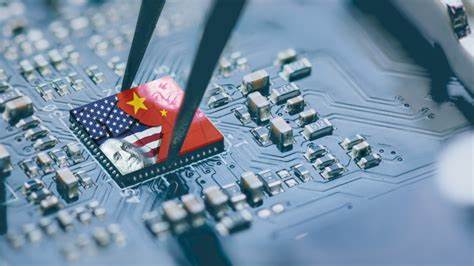Commerce Department Rescinds AI Chip Export Restrictions

On May 14, 2025, the U.S. Department of Commerce rescinded a Biden-era rule that imposed strict limitations on the export of advanced artificial intelligence (AI) chips to over 100 countries without federal approval. The original regulation aimed to address national security concerns by categorizing countries into export restriction tiers. However, it faced significant criticism from major tech companies like Nvidia and AMD, as well as international partners, who argued that the rule could stifle innovation and harm diplomatic relations. Critics also warned that such restrictions might drive countries to seek AI technology from competitors like China instead of the U.S.
The reversal aligns with the Trump administration's broader strategy to foster American innovation and competitiveness while reconfiguring its approach to maintaining technological edge and national security. Commerce Undersecretary Jeffery Kessler indicated plans to replace the rescinded rule with one that balances security with collaboration among trusted allies. The European Commission welcomed the policy shift, emphasizing that EU countries pose no security risk and should have unrestricted access to advanced U.S. AI technology.
In tandem with rescinding the AI chip export restrictions, the U.S. government issued a warning against the global use of Huawei’s Ascend AI chips, asserting that their deployment could violate U.S. export control regulations. The Commerce Department clarified that Huawei's Ascend 910B, 910C, and 910D chips are likely produced with or designed using American technology, making them subject to strict export rules. This move underscores the administration's intent to curb China's growing AI capabilities while strengthening alliances and offering U.S. alternatives to international partners.




